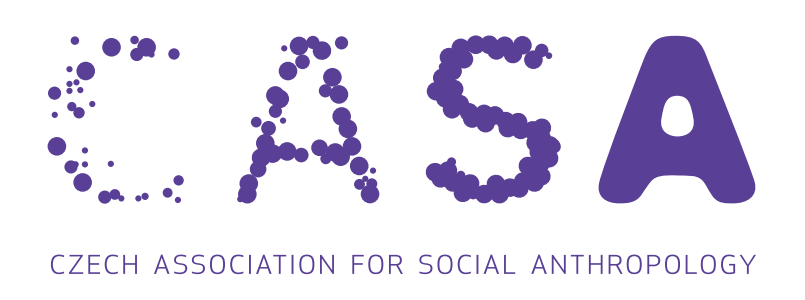
with support of
Centre français de recherche
en sciences sociales (CEFRES)
is happy to invite you to the
LADISLAV HOLY LECTURE 2019
by
ROBERT PARKIN
Emeritus Fellow at Institute of Social & Cultural
Anthropology, University of Oxford
Bismarck, Tom Paine and the Good
Soldier Schweik: modalities of
nationalism and individualism in the
work of Ladislav Holy
and the Durkheimain tradition
12 February 2019 from 16.30
Venue
CEFRES, Building C, 3rd floor, Upper Hall,
Na Florenci 3, 110 00 Prague 1
Abstract
This presentation aims to situate Ladislav Holy’s remarks about the nation state and individualism in the context similar work by Durkheimians like Marcel Mauss and Louis Dumont. While it is not claimed that Holy is explicitly basing himselfon this tradition, both he and Mauss discuss the nation state in the context of what were recent political events at the times they wrote, respectively WWI and the collapse of communism in eastern Europe. Both see the nation as a homogenous set of individuals, its political form being the nation state, and both come close to treating the nation as an individual scaled up. However, it was Dumont who reminded us that theories of individualism vary, as do political theories about the relationship of the individual to the state. Thus Germany before 1945 comes closest to the nation‐as‐individual paradigm in allowing the individual freedom in private (the notion of Bildung) until the state demands his or her unequivocal support in a crisis, while the Anglo‐
American and French political traditions are prepared to position the individual against the state if necessary (as in the breaking of unjust laws). Ultimately this can be construed as a difference between state power, as enshrined in a figure like Otto von Bismarck, and the libertarianism of Tom Paine, the theorist of republican revolution. For Holy, however, there is a third image, that of the self‐effacing, supposedly inept Soldier Schweik who, rather than
confronting state power, evades it, often by deceiving it. For Holy he is the epitome of Czechness, though as a stock literary figure he lacks individuality. This extreme variety of examples should caution us against reducing either nationalism or individualism, let alone their relationship, to the status of monolithic, unvarying entities.
Biography
Robert Parkin is a graduate of the University of Oxford, where he wrote his doctorate on the Munda, a group of tribes in central India. During his long and prolific career, he taught
anthropology at several universities in Europe and Asia and worked as a research fellow at the Max Planck institute in Halle. His specializations include the anthropology of kinship, the history of French anthropology and his regional interests in Europe (especially Poland) and South Asia. He is the author of The Munda of Central India: An Account of Their Social Organization (1992). He has translated essays by French sociologists Henri Hubert and Robert Hertz and wrote an
intellectual biography of the latter – The Dark Side of Humanity: The Work of Robert Hertz and its Legacy (1996). He has also published a study of the work of Louis Dumont entitled Louis Dumont and Hierarchical Opposition (2002) and translated his writings. Robert has served as a long‐time editor of the Journal of Anthropological Society of Oxford (JASO), which acts as the house journal of the School of Anthropology and Museum Ethnography at the University of Oxford, where he is currently an emeritus fellow.